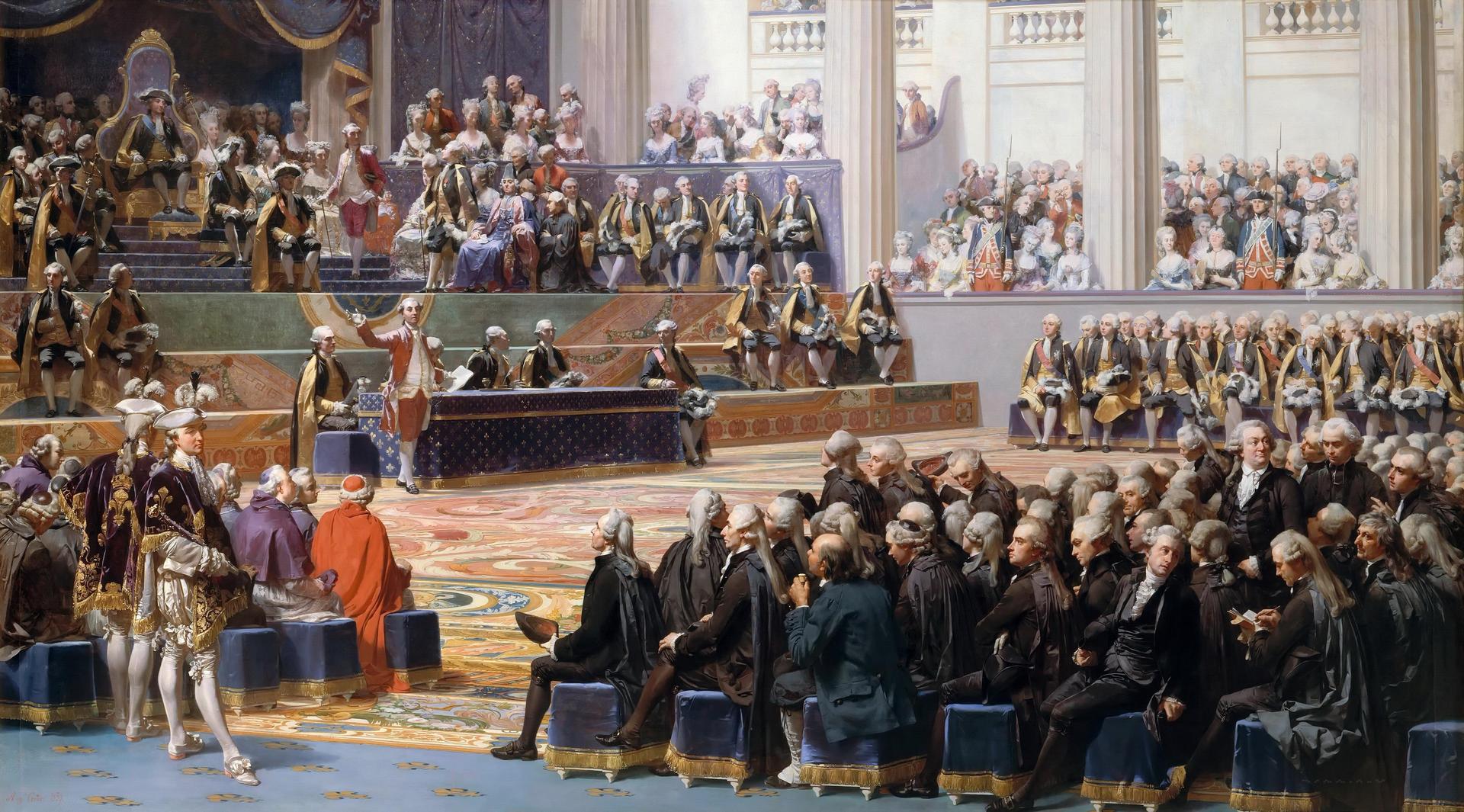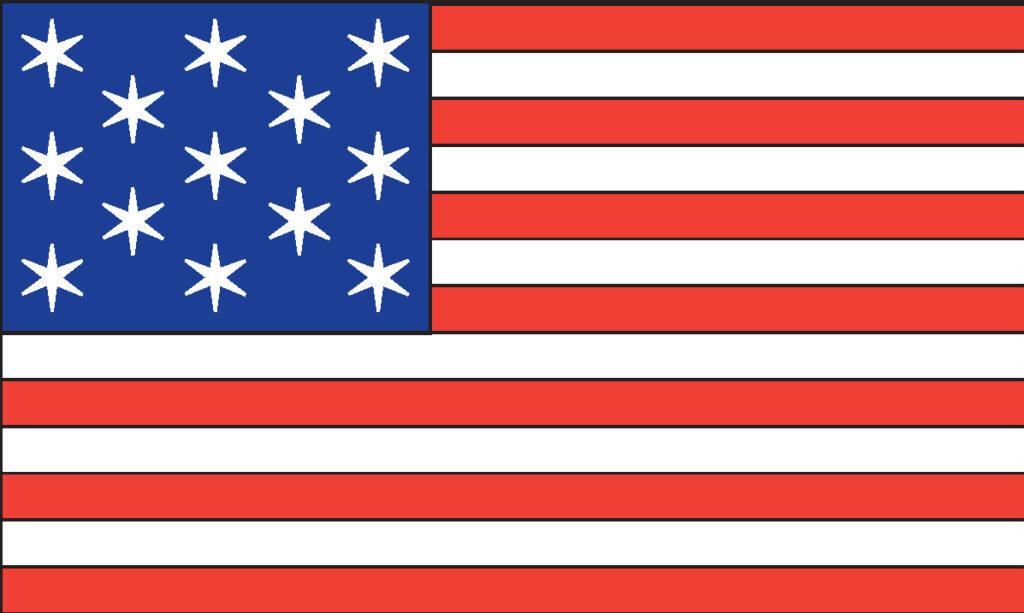The French Revolution continues: the National Assembly, of the Kingdom of France, approves the Declaration of the Rights of Man, Articles 2, 4, 5, 7, 8, 9, 10, 11, 12, 15, 16 and 17 of which state,
- “The aim of all political association is the preservation of the natural and imprescriptible rights of man. These rights are liberty, property, security, and resistance to oppression.
- Liberty consists in the freedom to do everything which injures no one else; hence the exercise of the natural rights of each man has no limits except those which assure to the other members of the society the enjoyment of the same rights. These limits can only be determined by law.
- Law can only prohibit such actions as are hurtful to society. Nothing may be prevented which is not forbidden by law, and no one may be forced to do anything not provided for by law.
- No person shall be accused, arrested, or imprisoned except in the cases and according to the forms prescribed by law. Any one soliciting, transmitting, executing, or causing to be executed, any arbitrary order, shall be punished. But any citizen summoned or arrested in virtue of the law shall submit without delay, as resistance constitutes an offense.
- The law shall provide for such punishments only as are strictly and obviously necessary, and no one shall suffer punishment except it be legally inflicted in virtue of a law passed and promulgated before the commission of the offense.
- As all persons are held innocent until they shall have been declared guilty, if arrest shall be deemed indispensable, all harshness not essential to the securing of the prisoner’s person shall be severely repressed by law.
- No one shall be disquieted on account of his opinions, including his religious views, provided their manifestation does not disturb the public order established by law.
- The free communication of ideas and opinions is one of the most precious of the rights of man. Every citizen may, accordingly, speak, write, and print with freedom, but shall be responsible for such abuses of this freedom as shall be defined by law.
- The security of the rights of man and of the citizen requires public military forces. These forces are, therefore, established for the good of all and not for the personal advantage of those to whom they shall be intrusted. [sic]
- Society has the right to require of every public agent an account of his administration.
- A society in which the observance of the law is not assured, nor the separation of powers defined, has no constitution at all.
- Since property is an inviolable and sacred right, no one shall be deprived thereof except where public necessity, legally determined, shall clearly demand it, and then only on condition that the owner shall have been previously and equitably indemnified.”
NOTE: The Declaration was written by Gilbert du Motier, Marquis de Lafayette, with assistance from Thomas Jefferson, Ambassador from the united States.
[added 10/9/2021]
Subsequent Events:
References:
Winston Churchill, A History of the English-Speaking Peoples, four volumes. (London: Cassell, 1956-58), 3:279.
us events
www.duke.edu/~charvey/Country_risk/chronology/us-events.htm
Bastille Day – Wikipedia
en.wikipedia.org/wiki/Bastille_Day


